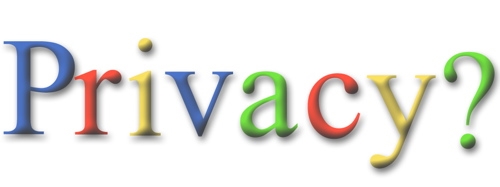Attorneys General Weigh In Against Google Privacy Settlement
Attorneys General Weigh In Against Google Privacy Settlement
by
Wendy Davis @wendyndavis, February 9, 2018
A coalition of state attorneys general are weighing in against a class-action privacy settlement that requires Google to pay more than $5 million to nonprofits.
“A settlement cannot be in the class’s best interest … where, as here, it generates millions of distributable settlement dollars (and releases millions of claims) yet the class languishes with no direct compensation,” the law enforcement officials write in a friend-of-the-court brief filed this week with the Supreme Court. The attorneys general of Arizona, Colorado, Texas and 13 other states are asking the Supreme Court to decide whether the settlement should have been approved.
The deal, cleared last year by the 9th Circuit Court of Appeals, requires Google to donate $5.3 million to six nonprofits — Carnegie Mellon University, World Privacy Forum, Chicago-Kent College of Law, Stanford Law, Harvard’s Berkman Center and the AARP Foundation. The deal also requires Google to pay more than $2.1 million to the attorneys who brought the lawsuit, with the remainder of the settlement fund going to court costs.

The settlement resolved a 2010 lawsuit alleging that Google violated users’ privacy by including their search queries in “referer headers” — the information that is automatically transmitted to sites that users click on when they leave Google. Some queries, like people’s searches for their own names, can offer clues to users’ identities. (Google no longer transmits search queries when people click on links in the results.)
Theodore Frank, an activist who founded the Center for Class Action Fairness, unsuccessfully argued to the 9th Circuit that the deal shouldn’t have been approved by the trial judge, because it doesn’t compensate Google users.
In January, he asked the Supreme Court to hear his challenge to the settlement.
A “class action settlement that awards absent class members no relief at all in exchange for their claims — no money, no alteration of the defendant’s allegedly injurious conduct, not even coupons — is not ‘fair, reasonable, and adequate’ by any measure,” Frank’s lawyers wrote in a petition seeking review.
The 16 attorneys general argue that “consumer-positive outcomes” occur when judges reject settlements that call for donations to nonprofits, as opposed to consumers. The officials point to a Facebook’s settlement of allegations that its former sponsored stories ads misappropriated users’ identities.
The trial judge presiding over that dispute
initially rejected a $20 million settlement that would have required Facebook to donate $10 million to nonprofits. Facebook and the lawyers representing the class subsequently agreed to a settlement that called for the company to pay around $15 to users who were featured in sponsored stories ads.
MediaPost.com: Search Marketing Daily
(17)

